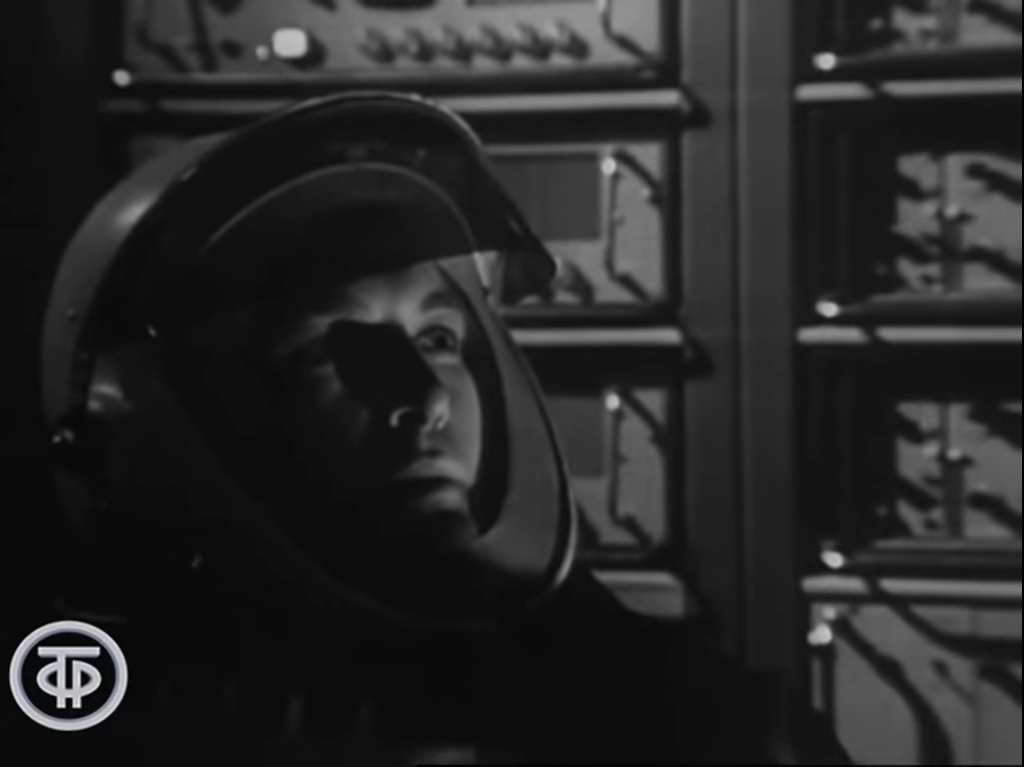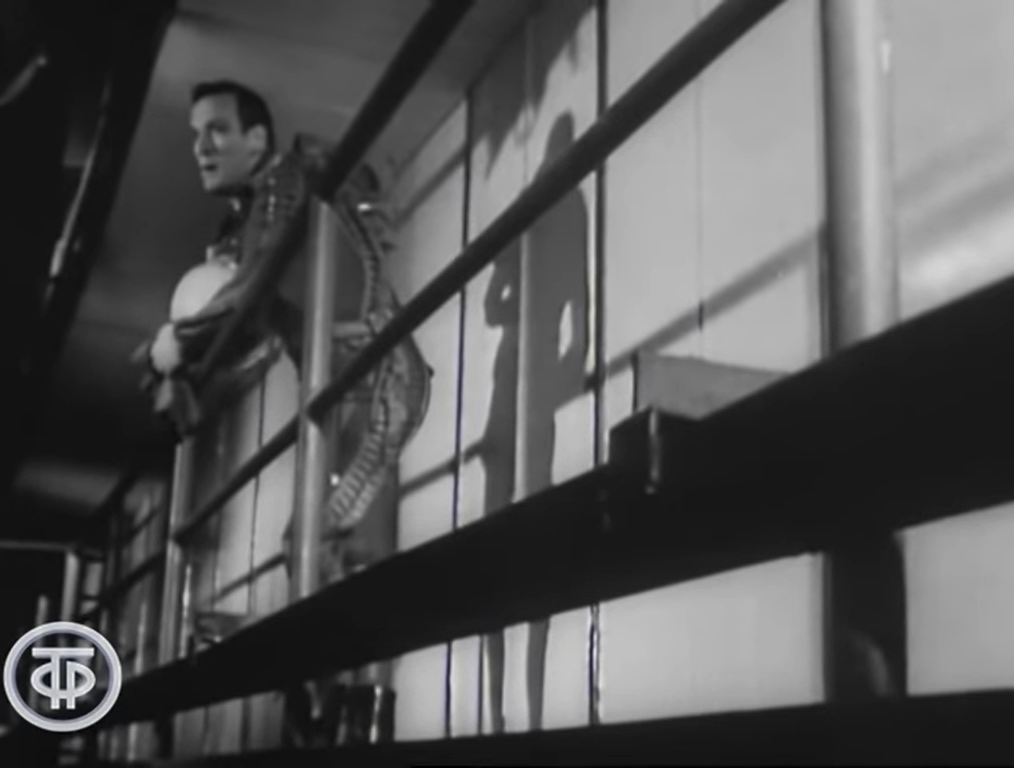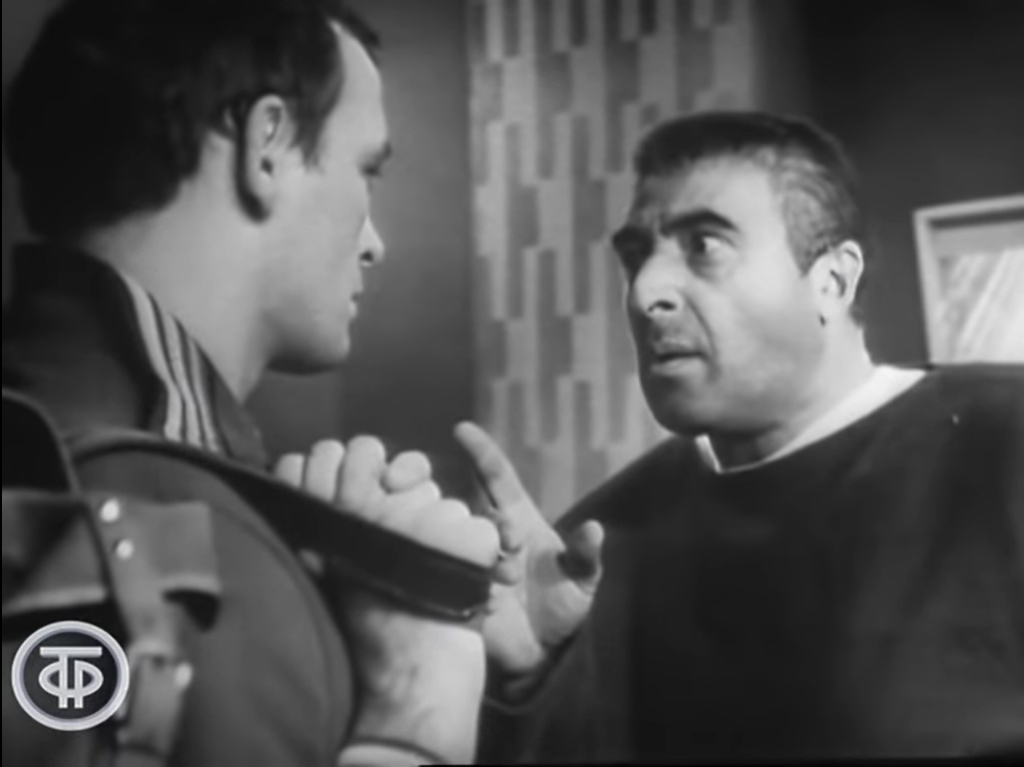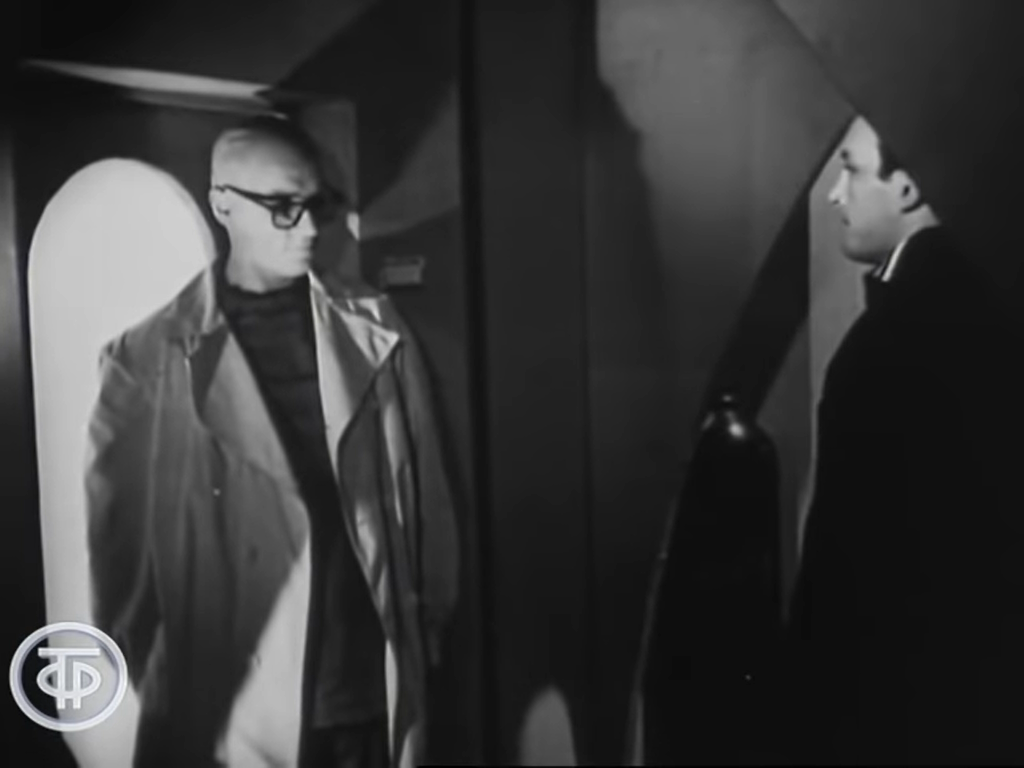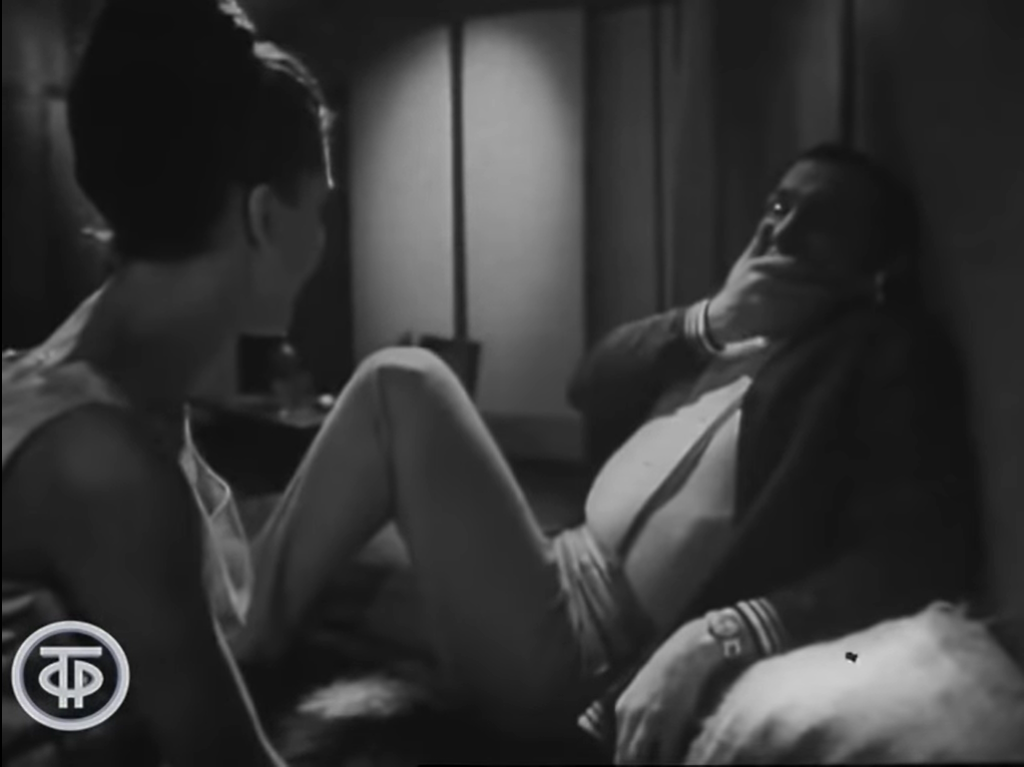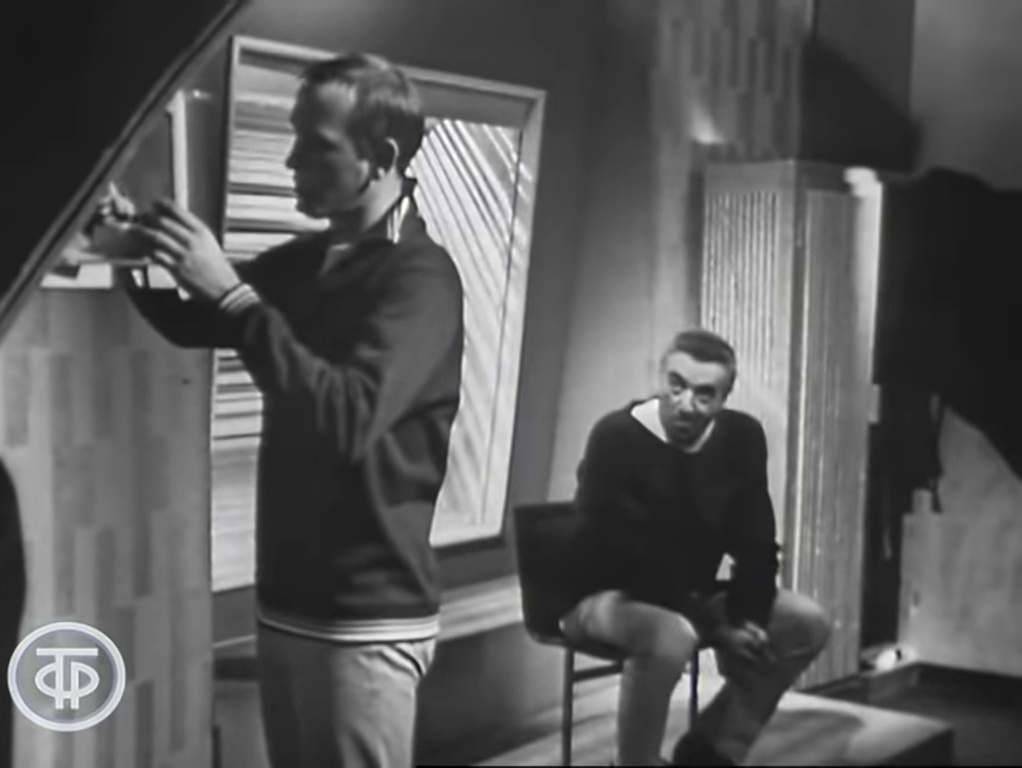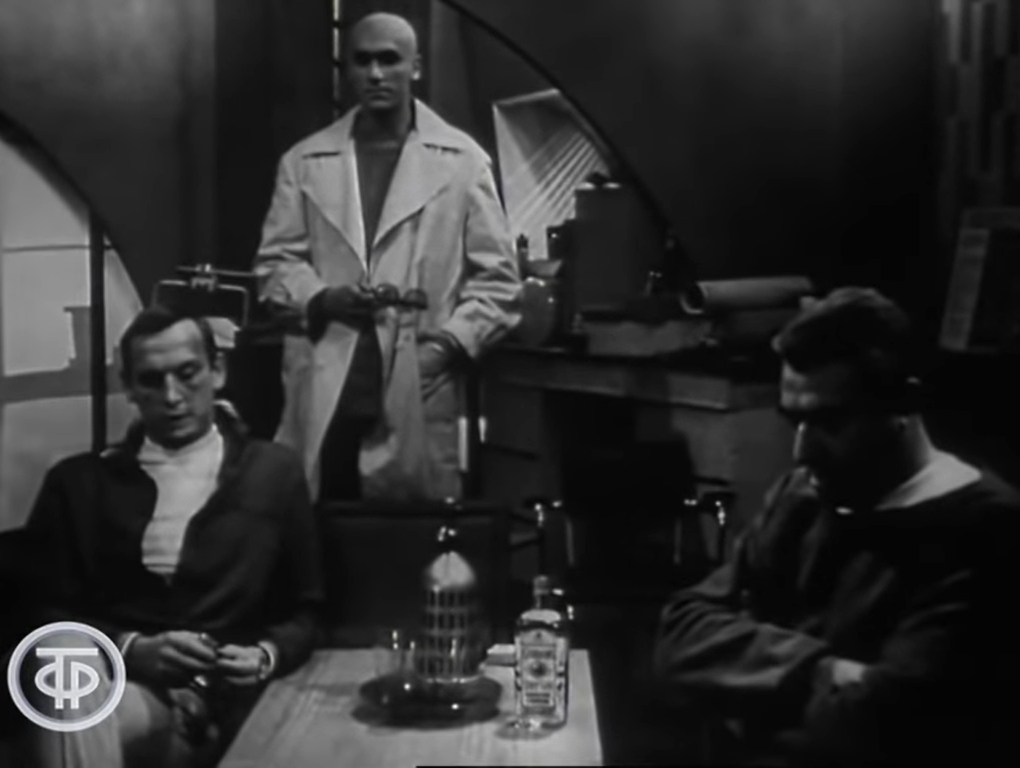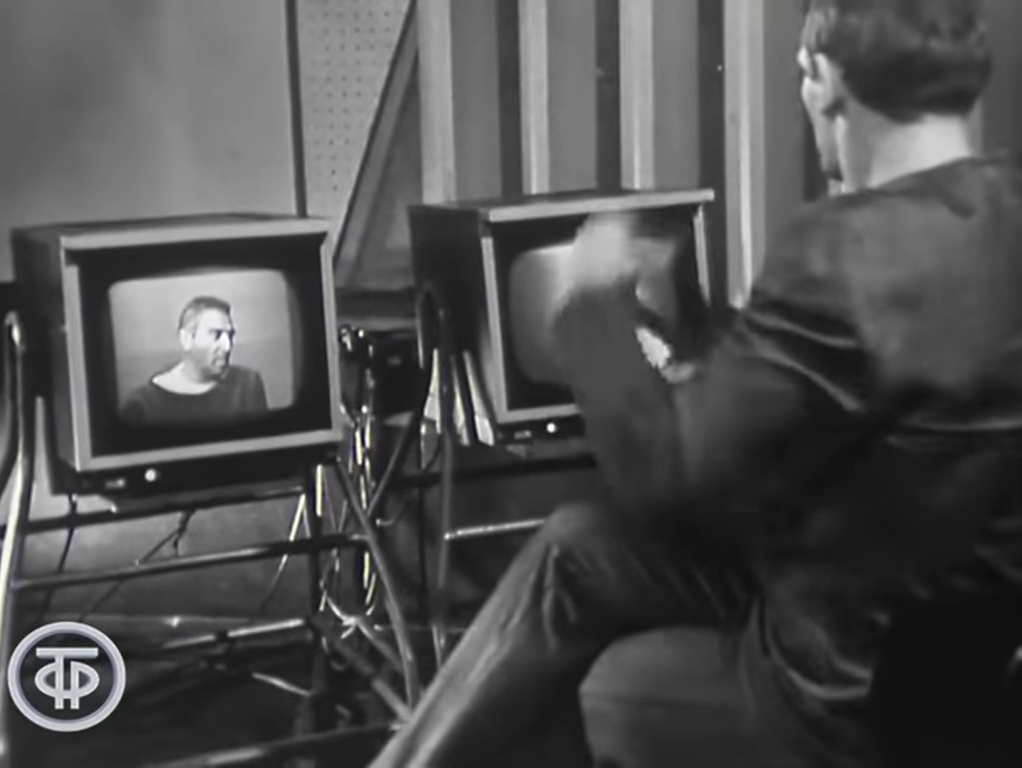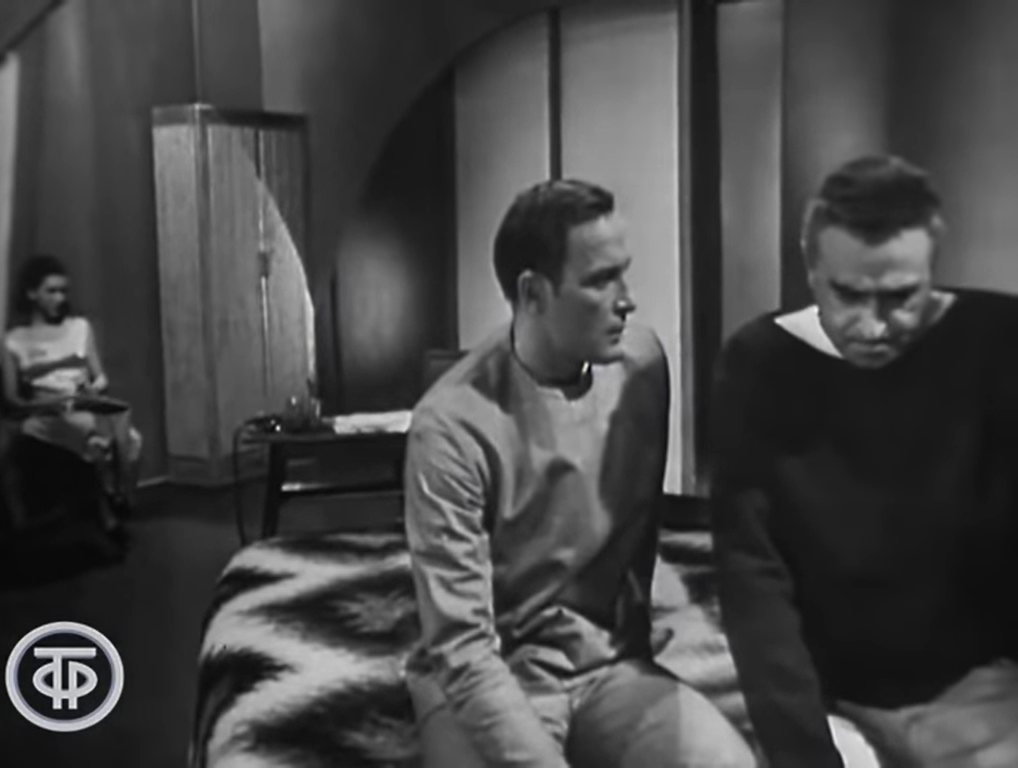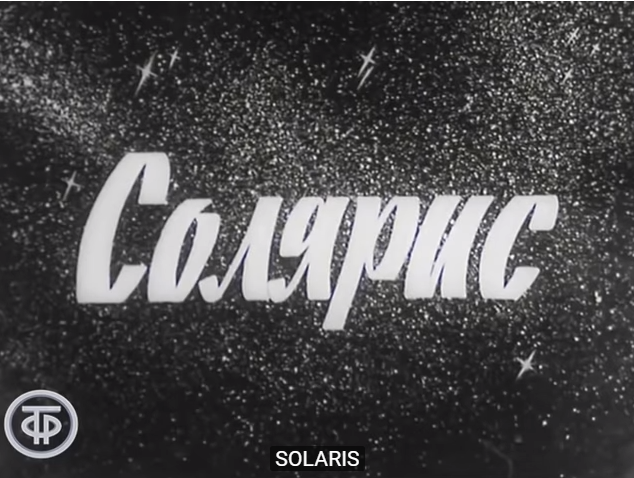
#363 – Solaris (1968)
Solaris (1968)
Film review #363
Directors: Boris Nirenburg, Lidya Ishimbayeva
SYNOPSIS: Dr. Chris Kelvin has arrived on a space station orbiting the planet Solaris. When he arrives, he finds that his colleague is dead, and the two remaining crew are acting strange. Things get even stranger when his wife, who died ten years ago, seemingly appears on the station with no memory of what happened to her. He learns that people important to each of the crew appear to them, and this is somehow connected to the planet Solaris below them. Chris and the other crew must try to determine how these people have come to be on the station, and indeed if they are real…
THOUGHTS/ANALYSIS: Solaris is a 1968 TV film based on the novel of the same name. It is the first adaptation of the book, but the least well known, having been overshadowed by the 1972 Tarkovsky version, generally considered to be a masterpiece of cinema, and to a lesser extent the 2002 version, which saw widespread release. The film opens up with Chris Kelvin, an astronaut and scientist, docking his shuttle with the space station orbiting the planet Solaris. When he arrives, he finds a peculiar set of circumstances, with his old friend and colleague dead having apparently committed suicide, and the two remaining crewmembers being extremely vague as to what is happening on the station. The film’s plot unfolds slowly, with the mystery being slowly unravelled while new complications are constantly added. It is rather similar to the other two films versions, so I will assume it follows the plot of the novel with some accuracy. It’s slow-paced, but it fits the story well, since it gives the viewer space to reflect on the themes that the film is exploring.
Upon finding his wife, who died ten years ago, seemingly alive and well on the station, he realises that each crewmember has had someone personal appear to them. They suspect it has something to do with Solaris attempting to communicate with them, and somehow reaching into each of their subconscious’ and materialising a person within. This is one of the primary themes of the film, and the means of communicating with an entity or being that is completely unlike anything that could be encountered on Earth. It is explained decently, and explored primarily through Chris’ relationship with Harrie, or the facsimile that has been created, which leads to the distinction between the real and fake being increasingly blurred. It doesn’t have the style and depth of the Tarkovsky version, but this no-frills version still gets its message across. A lot of the film does focus on Chris and Harrie, and it seems like a lot of the science-fiction emphasis is sidelined in favour of the film being more of a drama. We never get to see the people ‘created’ for the other crewmembers or get any clue to who they are, so that leaves an odd mystery that will never be solved (in this version anyway). This further reinforces the main relationship between Chris and Harrie, again emphasising their drama more than the larger concepts of the film.
Even though this version doesn’t have the budget or vision of the Tarkovsky version, it still gets the story across well. Instead of elaborate sets and design, we see a rather sparse looking space station which instead emphasises a feeling of isolation, and gives the film a more horror-vibe at times. This is not a bad adaptation by any means: it delivers the story well, explains what’s going on clearly most of the time (there are some points, particularly near the end, that it gets a bit confusing), and explores its themes with a decent depth. However, given the 1972 Tarkovsky version is such a stellar adaptation and work of cinema, there is really not much value in watching this version, as everything in it is done so much better there. Overall, a decent adaptation, but completely eclipsed by its successor.


